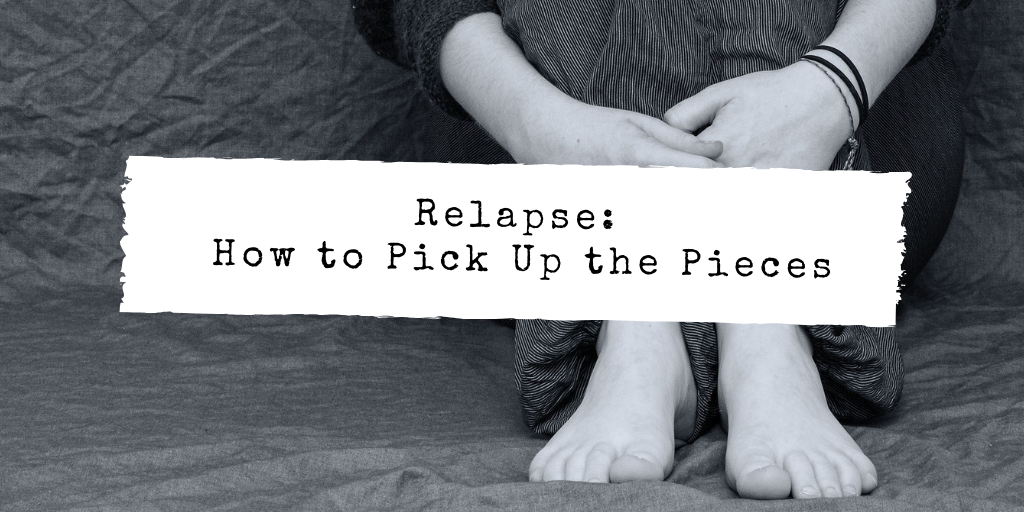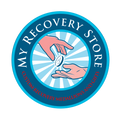
Relapse: How to Pick Up the Pieces
Relapse is the greatest fear for many in recovery. Statistics say 40-90% of people in recovery will relapse at some point, depending on the substance. While relapse is not inevitable, it is common. If you have relapsed, it’s important for you to know that you are not a failure - you can begin again and maintain your sobriety. Here are some steps for picking up the pieces after a relapse.
Admit the Problem
Just like when you started your recovery journey, you have to admit the problem. Denying the relapse, and lying to yourself and others, will only prolong the situation and cause more damage. Bring yourself back to Step One and admit your powerlessness. It will be hard because you have been there before, but at the same time, you can do it because you have been there before. Don’t lose hope.
Act Immediately
Check into rehab, get to a meeting, or reach out to your sponsor or a therapist. The point here is to take immediate action to get back on track. The sooner you take action, the faster you will be back to sober living. Just like any other disease, addiction requires help to overcome. Get yourself back into the helping hands of those experienced in recovery. And don’t forget to reconnect with your concept of a higher power.
Identify Triggers
The relapse didn’t “just happen.” Once you are sober again, you need to examine the choices and triggers that lead you back into that dark place. Identify the things that make you want to drink or use. Brainstorm new, healthy behaviors to engage in when those triggers pop up in your life. Having a plan will go a long way to prevent future incidents.
Heed The Warning Signs
There are some warning signs that you might be headed for a relapse. The goal is always to prevent a relapse from happening in the first place by using proper tools and coping techniques. If you find yourself engaging in some of these behaviors, reach out immediately:
- Attending meetings, but not really participating
- Skipping meetings altogether
- Isolating from your healthy support system (friends, family, therapist, sponsor)
- Romanticizing the “good old days”
- Having thoughts about drinking or using that you can’t seem to stop

